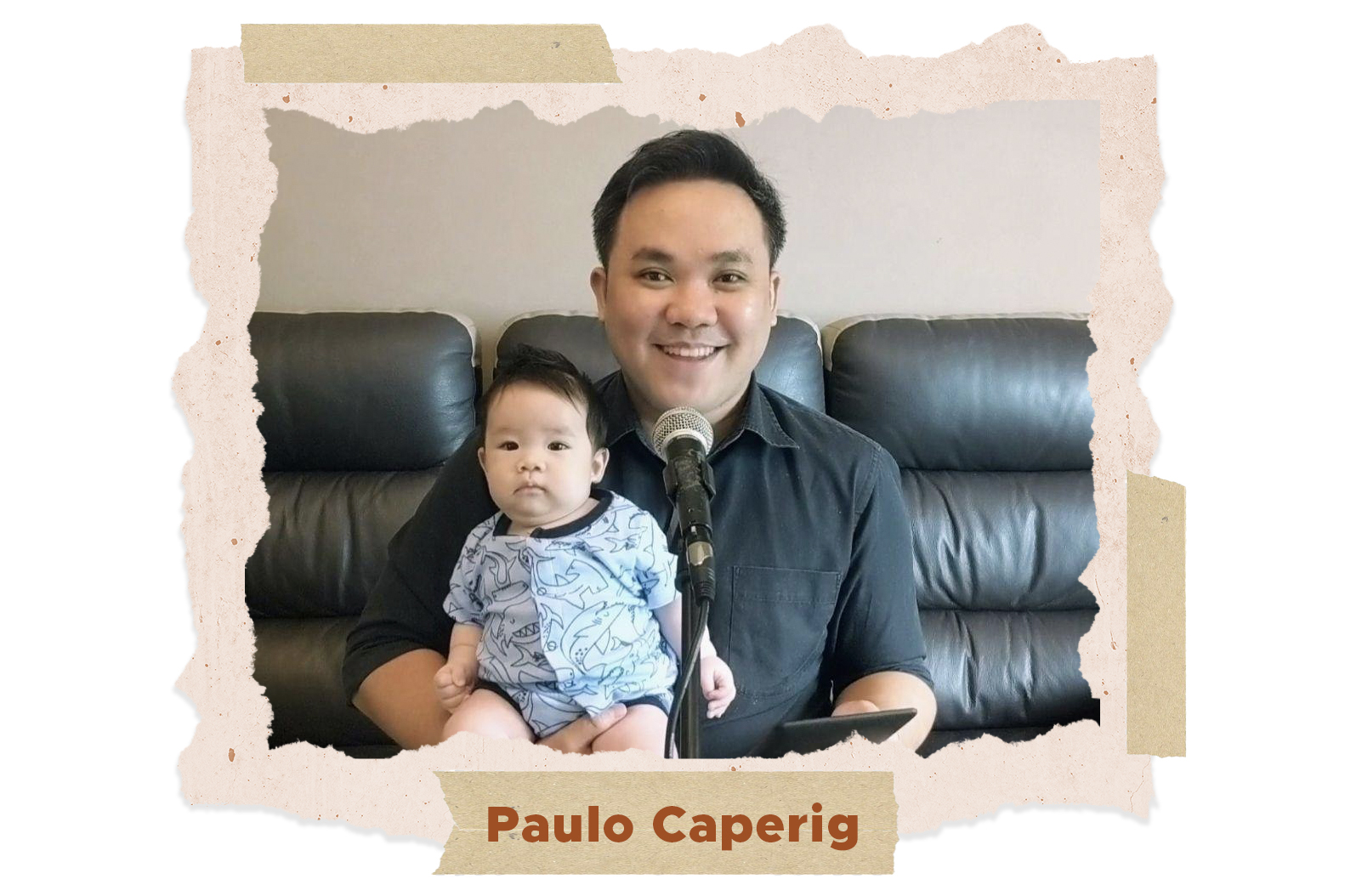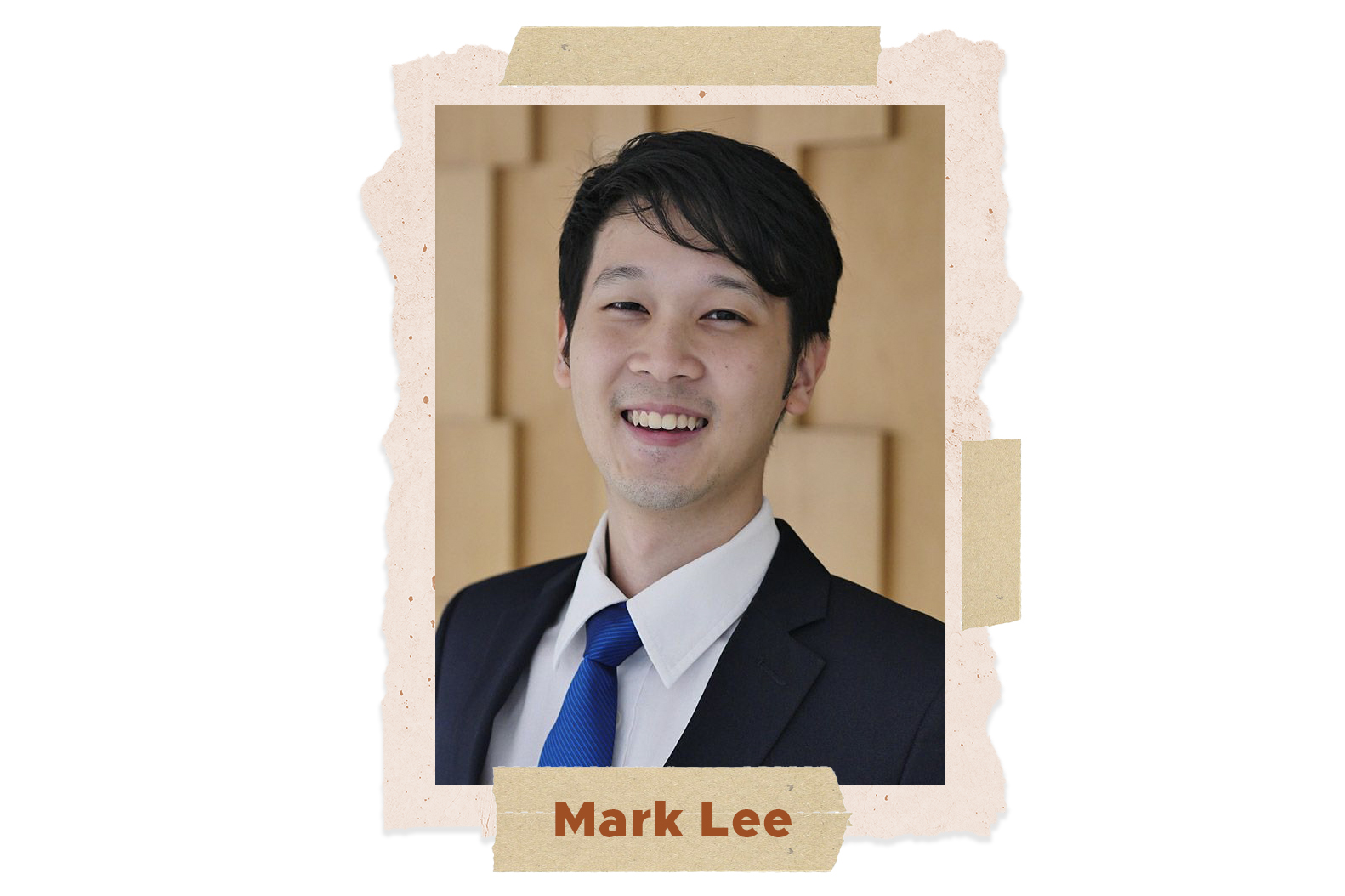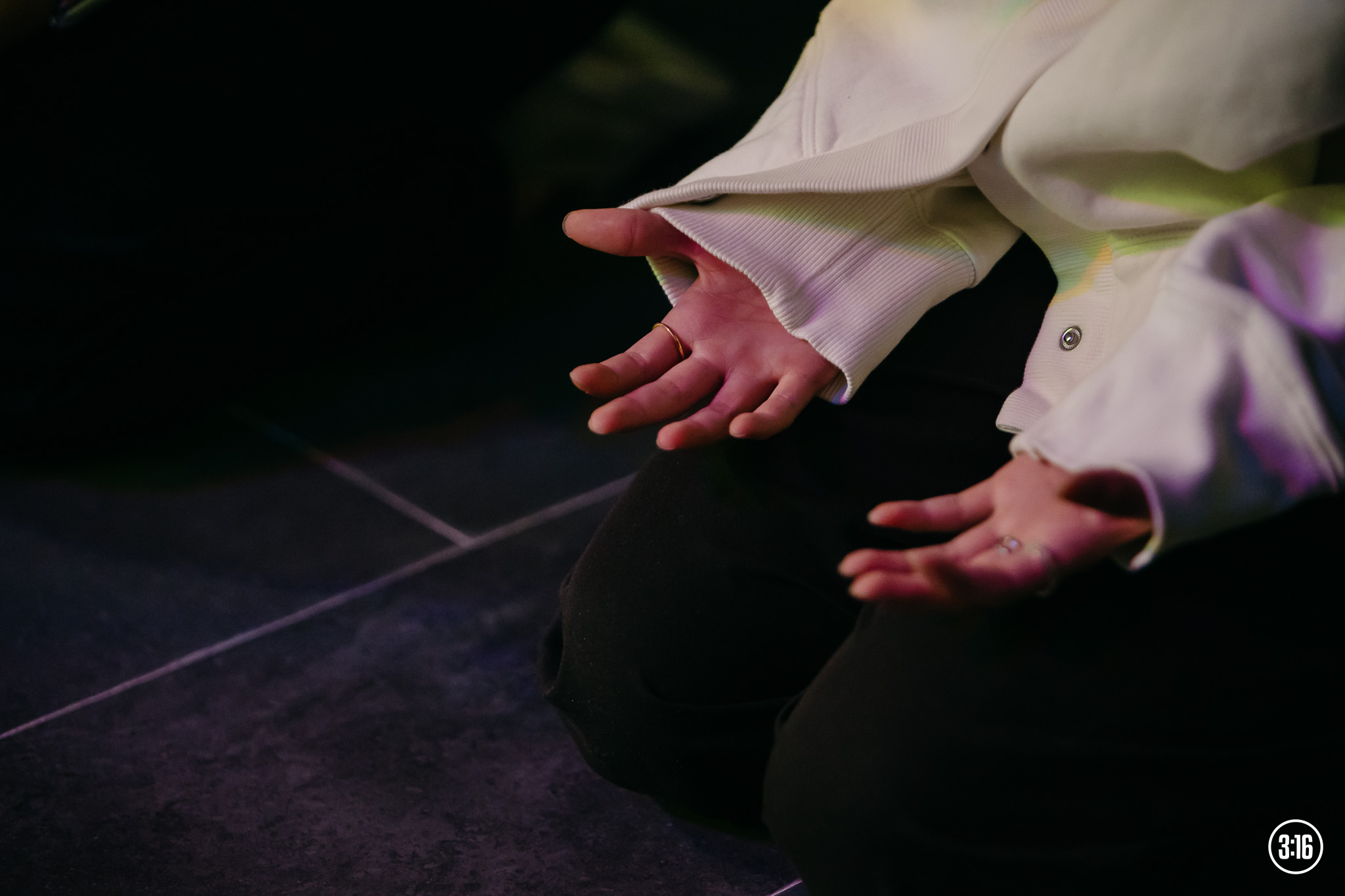If you’re into podcasts then you’ll want to get to know the latest Christian voice in the local scene. We hung out with Derek Hum who is the man behind A-Cross Perspective/s, a podcast that discusses current affairs from a biblical point of view while seeking to understanding the different perspectives out there as well.
Derek shares the challenges he’s faced and the lessons he’s learnt in living out his calling to help Christians think critically.
What is A-Cross Perspective/s?
A-Cross Perspective/s is a podcast I started this year during the circuit breaker period. We’re on Spotify, Google Podcasts, and Apple Podcasts.
It’s a play on words, so there are two ways you can read it. One is a cross perspective; in the perspective of the cross.
Another way is across perspectives, which brings across the two aims we have: we want to consider the biblical perspectives of different things, but we don’t want to do that by excluding other perspectives.
We want to engage these different perspectives, see how different people view the same issue and come to terms with that.
Who are the team behind A-Cross Perspective/s?
There’s me, Derek Hum. I’m 27 years old, from Faith Methodist Church, and I’m currently in the teaching profession.
Paulo Caperig (32) is from Bedok Methodist Church and he’s currently doing his Master of Divinity in Trinity Theological College.
Mark Lee (27) is from Bethesda Bedok-Tampines Church and he works at a business development consultancy. Another friend of mine, Jonathan Lau (21) also helps out with sound editing.

Why is there a need for your podcast now?
Truth is something that is increasingly being contested. With social media, everyone is suddenly a sociologist, a philosopher or a political analyst.
There are a lot of messages and interpretations out there, but they’re not often presented in a very robust manner. The assumptions are not pieced out, or we don’t see the value systems behind it.
One of the objectives we have is to unpack that and see what’s going on and what exactly is being said.
In such a world, Christians are pressured to form our own opinion. We are asked, “What is your position on this as a Christian?”
I think that’s not always easy to do – to have a position. What we are trying to do is to surface the hard questions and hopefully provide some handles on how to grab hold of these issues as Christians.
Finally, we feel that the world is becoming increasingly divided and tribalistic. We want to be a space where we can be generous to ideas from all sides, not just to the Christian perspective, but whatever background you’re from.
How did the idea first come about?
I’ve always been drawn to thinking and talking about these things. I guess it’s a burden of sorts. When I started listening to more podcasts by myself, I also began to think about the possibility of starting something on a podcast medium.
You said that this was a burden that God placed on your heart. Could you elaborate on that?
It’s essentially a burden for truth. Specifically, I think it’s a burden to encourage a kind of Christianity that is intellectually vigorous.
I find myself between these two trends. On one hand, there’s a defensive, reactionary Christianity that almost seeks to insulate itself from these ideas.
But on the other hand, the other extreme can be very undiscerning about the ideas that you are subscribing to.
In my university days, I encountered a lot of these ideas that were contrary to a Christian perspective.
I had to think through my own positions, learn how to defend them and be very discerning about the kinds of messages that are being pushed out there. Even though they might seem aligned to the Christian perspective, some of the underlying values might not be.
I saw the need to be grounded in truth and to be very discerning. At the same time, I found myself growing a lot by learning about all these other philosophies and engaging them genuinely.
I grew in empathy to be able to understand, listen and engage with people who disagree with me.
Even when they disagree – and especially when they do – that’s when you need to engage people and understand what they’re saying.

I found that things are not always black and white.
What I mean is that when we start to think about how to act on these principles in the real world or in real situations, it’s a bit tricky, because there might be cases where there are competing principles.
Both of them are good, and you’re trying to follow both of them, but it might boil down to the intention. Or it might be a case where it depends on the context, what other people are doing or your motivations.
One example is from a recent episode called “Pop Culture”.
It’s not about whether you should embrace pop culture wholeheartedly or be a hermit in the desert where you have no contact with it.
We have to be somewhere in between those two extremes. The question is how you decide.

What are some goals you hope to achieve?
We hope to encourage people to think critically. Our primary audience is Christians.
Our goal is not didactic. We’re not here to give people answers and say, “This is how you should live your life.”
We might draw certain conclusions of our own from our discussions, but our main aim is to encourage people to adopt the same approach – to think about issues.
Our goal is really to take some of these things that seem a bit hard to tackle, and surface the underlying issues that we are talking about.
I don’t think we have a lot of space for these conversations sometimes in church, which is one of the reasons why we started this.
We hope to encourage and challenge Christians not to be a frog in a well who’s only thinking about his own stuff or the opposite – a very undiscerning Christian just absorbing whatever comes from the world.
That’s our goal for the Christian listeners. For the non-Christian listeners, we aim to model what biblically informed thinking looks like.
We hope to show that we’re not being blindly conservative just for the sake of it – that there is thinking and a rationale behind doing so.
- On a scale of 1-10, how much critical thinking do you exercise when it comes to your faith?
- What does the Bible say about wisdom and discernment?
- Who are some people in your life who hold different perspectives from you?
- What is one practical way in which you might engage them with God’s word and truth?









